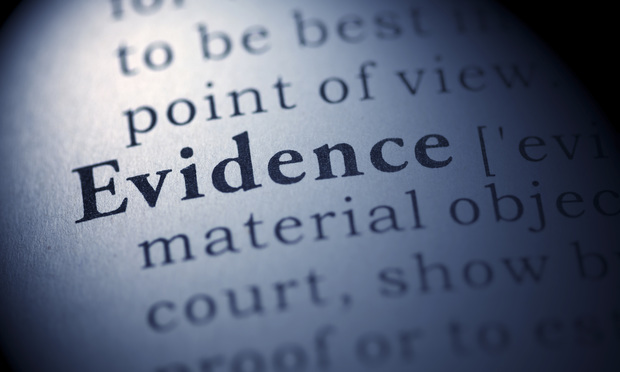Evidence that was illegally obtained and suppressed at trial should likewise not be allowed into parole and probation revocation proceedings, the Pennsylvania Supreme Court has ruled.
A divided court held Dec. 28 in Commonwealth v. Arter that drugs found on a parolee during an illegal search should have been precluded from the man’s parole revocation hearing. The 5-1 ruling reversed a decision from the state Superior Court, which had affirmed a Dauphin County judge’s decision to deny the man’s request to suppress the evidence.
This content has been archived. It is available through our partners, LexisNexis® and Bloomberg Law.
To view this content, please continue to their sites.
Not a Lexis Subscriber?
Subscribe Now
Not a Bloomberg Law Subscriber?
Subscribe Now
LexisNexis® and Bloomberg Law are third party online distributors of the broad collection of current and archived versions of ALM's legal news publications. LexisNexis® and Bloomberg Law customers are able to access and use ALM's content, including content from the National Law Journal, The American Lawyer, Legaltech News, The New York Law Journal, and Corporate Counsel, as well as other sources of legal information.
For questions call 1-877-256-2472 or contact us at [email protected]



